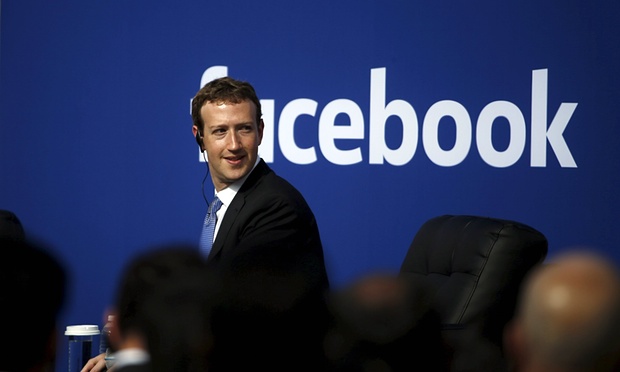Facebook co-founder Mark Zuckerberg took to his own timeline on Monday to announce that the company would be providing web access … from space. A new satellite called Amos-6 will make the web accessible from big chunks of sub-Saharan Africa, orbiting over the continent and serving what Zuckerberg characterized as “large parts of west, east and southern Africa”.
“Over the last year Facebook has been exploring ways to use aircraft and satellites to beam internet access down into communities from the sky,” Zuckerberg wrote. “To connect people living in remote regions, traditional connectivity infrastructure is often difficult and inefficient, so we need to invent new technologies.”
Zuckerberg did not say who would provide the receivers for the satellite signal – the web still has to connect to computers with cables and local Wi-Fi, after all – merely that Facebook was “going to work with local partners across these regions to help communities begin accessing internet services provided through satellite”. The initiative is undertaken in partnership with a charity Facebook runs called Internet.org.
As local markets evolve, satellite coverage is often an intermediary measure between not having any internet at all and broadband access. Internet.org asks internet service providers (ISPs) to help provide “free basics” to countries where wired internet penetration is sparse or non-existent, touting the the virtues of developing markets and appealing to the tech world’s charitable instincts.
In many countries on the continent, the ISP market is beginning to boom. Until relatively recently, internet in Kenya was largely provided by satellite through a large dish in the Rift Valley; four large submarine fiber-optic cables radically changed the way the country received the web beginning in 2009 under the acronym The East African Marine System (Teams), and now several multinational internet companies have a strong presence in the country, notably Alcatel-Lucent and Fujitsu.
But cable rolls out slowly and usually into densest markets first, where it can reward investment quickly. Satellite services such as Zuckerberg’s could provide a much-needed stopgap solution for large parts of the continent where those slowly approaching fiber-optic cables are a long way off.
The Guardian
